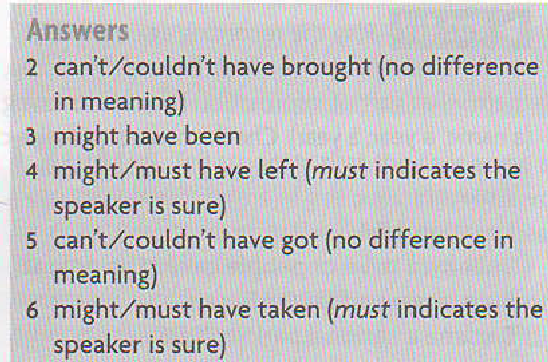The theme of the lesson
Mysterious places
School: BSLFGC
Date:
Teachername:ZhanibekovaPerizatZhanibekkyzy
Grade: 9 «В»
Number present: 13
Absent:
Learning objectives (s) that this lesson is contributing to
- will be able to talk about mysterious places
- will be able to use modal verbs of deduction in past
Lesson objectives
All learners will be able to:
- use new words and modal verbs of deduction in past;
Most learners will be able to:
- make up sentences using new words and modal verbs of deduction in past;
Some learners will be able to:
- make up sentences about mysterious places using modal verbs of deduction in past;
Language aims
The students must work with the text and understand it
Newwords
Mysterious|mɪˈstɪərɪəs| жұмбақ
Remain |rɪˈmeɪn| қалғаны, остаток
Observe|əbˈzəːv| бақылау, наблюдать
Tremendous|trɪˈmɛndəs|зор, громадный
Upright|ˈʌprʌɪt| түзу
Ropes |rəʊps|арқан, жіп
Cairoˈkʌɪərəʊ/ Каир
Metropolis |mɪˈtrɒp(ə)lɪs| астана
Enormous|ɪˈnɔːməs| зор
Tombstone |ˈtuːmstəʊn| надгробная плита
Burial |ˈbɛrɪəl| жерленген
Pharaohs [ˈfɛərəu] фараон
Surrounding|səˈraʊndɪŋ| қоршалған
Transported |trænsˈpɔːtɪd| көшірілген
Incredibly|ɪnˈkrɛdɪbli| неправдоподобно, невероятно
Themes for discussion:
Mysterious places
Themes for writing:
Complete the rule
Previous learning
truth, modal verbs of deduction, linkers of contrast
Planned time
Planned activities
Recourses
Start
Stages/ Time
Stage Aims
Procedure
Interaction patterns
Aids
Lead-in
5 minutes
To create interest in the topic
Good morning boys and girls!
Good morning teacher!
How are you?
We are fine, and you?
I am also fine, thank you. Sit down.
What date is it today? /What day of the week is it?
W/C
W/C
Cards
Checking up the homework
To check their understanding
What was your homework?
Are you ready?
Pair work
Vocabulary
2 minutes
To help students to understand vocabulary in the context
Mysterious |mɪˈstɪərɪəs| жұмбақ
Remain |rɪˈmeɪn| қалғаны, остаток
Observe |əbˈzəːv| бақылау, наблюдать
Tremendous |trɪˈmɛndəs|зор, громадный
Upright |ˈʌprʌɪt| түзу
Ropes |rəʊps|арқан, жіп
Cairoˈkʌɪərəʊ/ Каир
Metropolis |mɪˈtrɒp(ə)lɪs| астана
Enormous |ɪˈnɔːməs| зор
Tombstone |ˈtuːmstəʊn| надгробная плита
Burial |ˈbɛrɪəl| жерленген
Pharaohs [ˈfɛərəu] фараон
Surrounding |səˈraʊndɪŋ| қоршалған
Transported |trænsˈpɔːtɪd| көшірілген
Incredibly |ɪnˈkrɛdɪbli| неправдоподобно, невероятно
W/C
SB
Lead in to vocabulary
10 min
Grammar
Exercise 1b. Read the text quickly and check your ideas
Exercise 1c. Read the text again. Answer the questions
We can use modal verbs to talk about how sure or unsure we are about something in the past just as we use modals in the present with a slight change in the form.)
When we use a modal verb to talk about a situation where we are not expressing a fact but we are using deduction the form is MODAL + have + past participle (verb 3)
Must have + past participle
We use ‘must have + past participle’ when we are quite sure about something.
You must have been very pleased when you received the results of your exams.
Might have/may have/could have + past participle
We use ‘might have/may have/could have + past participle’ when we are not sure about something but we think it was possible.
He was supposed to be here an hour ago but he could have been stuck in a traffic jam.
Can’t have + past participle
We use ‘can’t have + past participle’ for things that we are sure did not happen in the past.
I can’t have left my phone at work. You phoned me when I was walking to my car. That’s it. It must be in the car.
Pair work
SB
Practice
To provide practice in grammar
Exercise 2b. Complete the sentences using the modal verbs of deduction.
S
S / s
W/C
Homework
Workbook exercise 1, 2abcd p 60
w/c
Assessment
S will assess each other
s/s

















